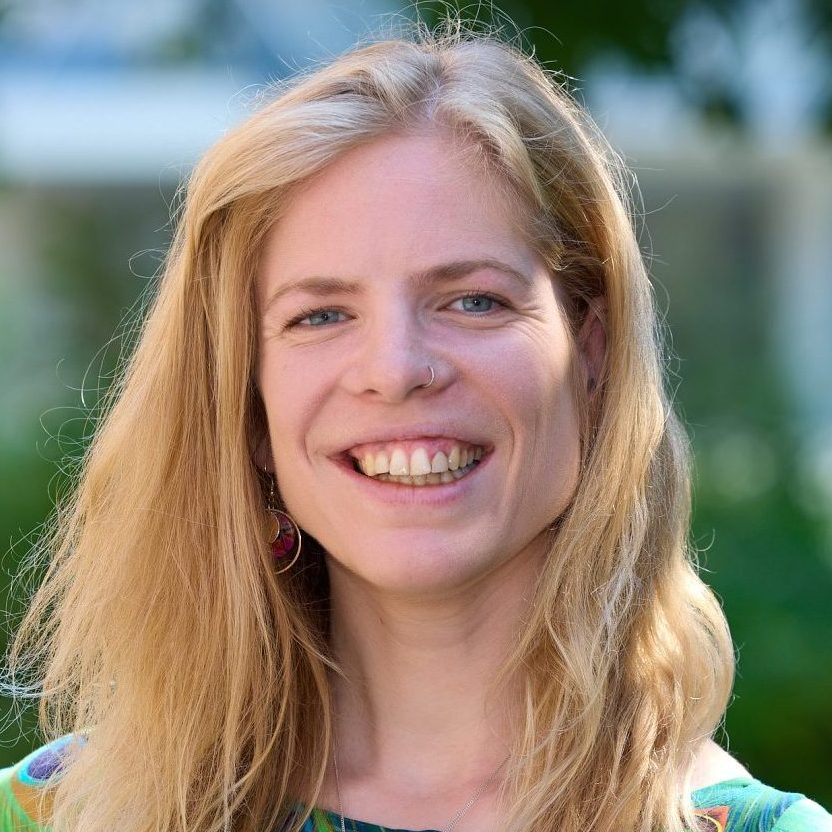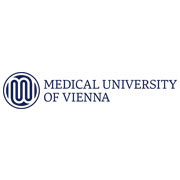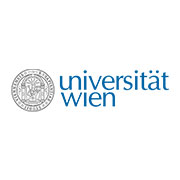
WP 5.1 Wastewater Microbiomes for Next-Gen Public Health Monitoring
project description
Monitoring complex microbiomes, particularly through wastewater, is an effective early warning system for public health, as seen in tracking diseases like polio or SARS-CoV-2. Yet, the full potential of wastewater microbiomes remains untapped. We propose that wastewater offers a rich source of data on the urban microbiome, potentially informing public health interventions.
This project aims to develop methods to track different kingdoms of infectious agents including bacteria, viruses, and archaea in Vienna’s sewer system, analyzing how microbiome composition changes over time. The goal is to establish baselines and variations correlated to health data that could guide public health strategies. Vienna is ideal for this study due to its comprehensive population records and support from local authorities. We will establish and benchmark protocols and use sequencing and metagenomics to analyze microbial profiles. The data will be integrated with health and socioeconomic information to identify patterns that may result in actionable insights, with a focus on pathogens affecting vulnerable populations. The project aims to extend these findings to other areas and develop surveillance system for infectious diseases in underprivileged countries.
work package leader

andreas bergthaler
Medical University of Vienna
Professor of Molecular Immunology and Head of Institute of Hygiene and Applied Immunology at Medical University of Vienna
Adjunct Principal Investigator at the Research Center for Molecular Medicine (CEMM, ÖAW)
Member of the CoE Board of Directors
work package members

Foto: Clemens Fabry
berna de vries
PhD Student
university of vienna/TU Wien

Foto: Clemens Fabry
emily grubb
PhD Student
medical university of vienna

Foto: Clemens Fabry
Matthias Horn
CoE Key Researcher
university of vienna

gergely ódor
Postdoctoral Reseacher
medical university of vienna
involved institutions



CoE publications in wp 5.1
Publications will follow soon

